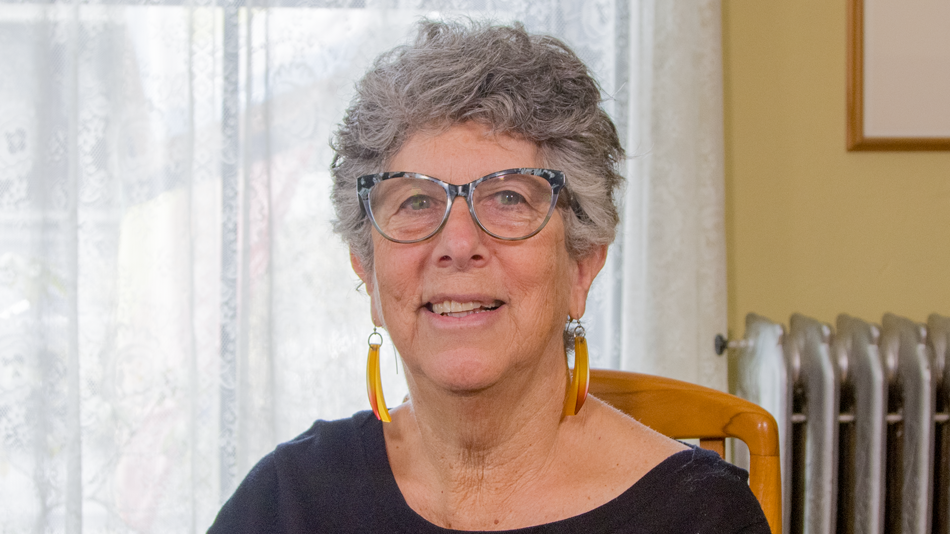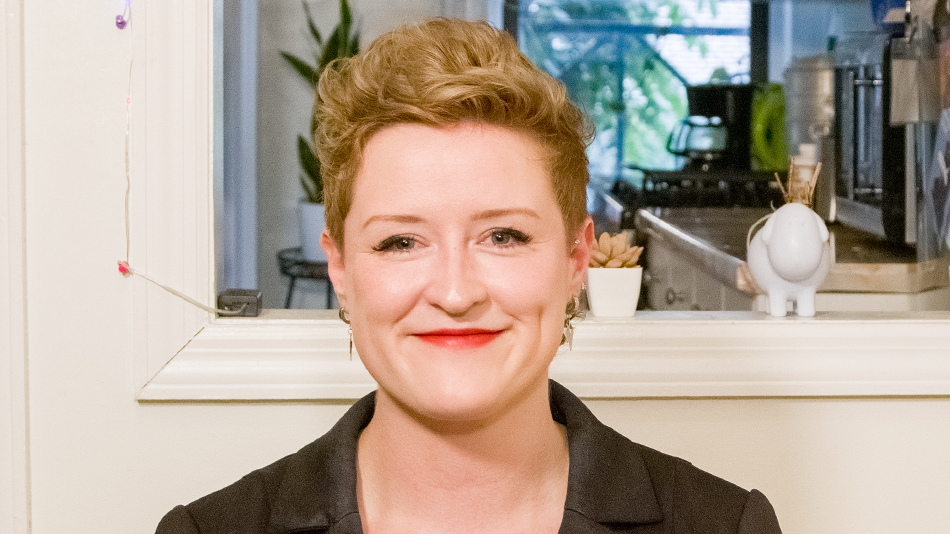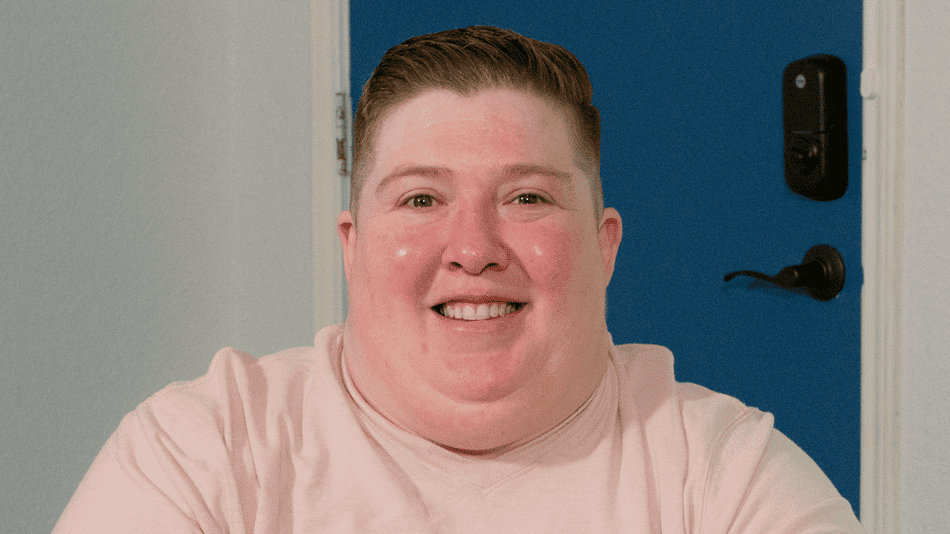I am Karen Rayne and I’m from Austin, Texas. Sixteen months ago, my wife was in labor and it was a planned home birth and a long labor that ended up with my wife having a fever, so we had to transport to a hospital and have an emergency c-section. And all of our experiences had their own kind of sets of traumas that I think – that they’re the same traumas that anybody has when you’re experiencing a really hard labor. But then we ended up moving to another hospital.
And so this other hospital, I went with the baby and my wife went to the maternity ward to have her – to be taken care of in her ways, and I took the baby to the ICU – to the NICU, where they needed to monitor her for a certain number of hours. And it was – so it was my first really parenting thing to do with my new baby. It was the first time I’d been alone with her. It was the first time that I had been interacting with the system about her or with her in any kind of way. She’s just, you know, four hours old or something, so she’s brand new. And the hospital staff just didn’t really quite know what to do with me.
They kept asking like, “Where’s the mother?”
And then I’d say, “Well, I’m the mother.”
And they would be like, “No, where’s the real mother?”
I’m like, “No.” I’m like, “I’m a real mother and I’m her real mother, like, in addition to being a real mother. But maybe you mean the birth mother? Or maybe you mean my wife, who gave birth to her a few hours ago?”
And they’d be like, “Oh yeah. That mother.” And so I ended up hearing the hospital staff referring to my wife as the mother and then I was – I became the other mother. And they kept trying to get me to leave.
They kept being like, “Just leave the baby here. You go – you go somewhere else and leave the baby here.” I kept refusing because the baby, again, was just a few hours old and it’s like, I don’t think babies that are this little should be left alone. Like, I think they should have a parent with them. They have a shift change and everybody has to leave for maybe half an hour or something during the shift change. So I left and went and talked to my wife and got something to drink and got a little something to eat.
And while I was gone, they called us and said – and called my wife’s room and said, “We’re releasing her from the NICU, so you can – we’ll just bring her down to you. You don’t – nobody has to come back up here.” So I didn’t have to go back.
I wanted to be seen and talked to as Vivien’s mother. And I know what that feels like. My oldest daughter has a lot of health issues and I’ve been in a lot of hospitals with her. All over the world. And I know what it’s like to be seen and talked to as a parent of a baby and a toddler and a child and a teenager who’s dealing with health crises. And that’s not how they were talking to me.
I’ve talked to people who work in NICUs and they say, “Oh, we always want the parents to be there. Like if, you know, if the mother is recovering from surgery, we always want the dad to be there.” And so I don’t know if the hospital that we were at doesn’t have those policies, but they certainly didn’t interact with me that way. And so, you know, I don’t know if it’s better to think like, oh, if I’d been the dad, they would’ve wanted me to stay there, which would be better for all the babies. Or if they don’t want the mothers or the fathers there, which should be, I guess, more equal but not great for any of the babies.
I’ve been part of Vivian’s life since the moment of conception. We wanted a baby. We planned her out way more than most couples do, out of necessity, you know? I was the one to helped Nicole through morning sickness and exhaustion that comes with pregnancy. You know, we planned out the birth together, we went to birthing classes together, and so when it came time where she was born, you know, I had already been around for 10 months as an integral part of the entire conception/pregnancy/birthing process. So to then suddenly have my role in that discounted was really painful.
It can be really fun and exciting to plan a baby and as a same-sex couple, there’re just – there are things that you have to deal with. Some of them are great and some of them are not so great. I think I’m, like, well educated and that I know the oppressions and the microaggressions that LGBTQ+ people experience, but it’s just different when it’s your own baby and you’re in the hospital and you haven’t slept for days. And there’s a certain kind of vulnerability that comes with that. So having a little bit of fore knowledge about that process, I think, would have been really useful and then also knowing that you’re not alone. Knowing that you’re not alone gives you power to stand firm and be like, “Hey, no. I am this baby’s parent.”








Share